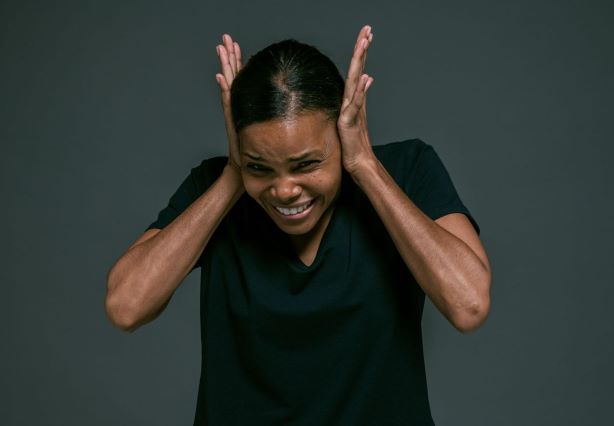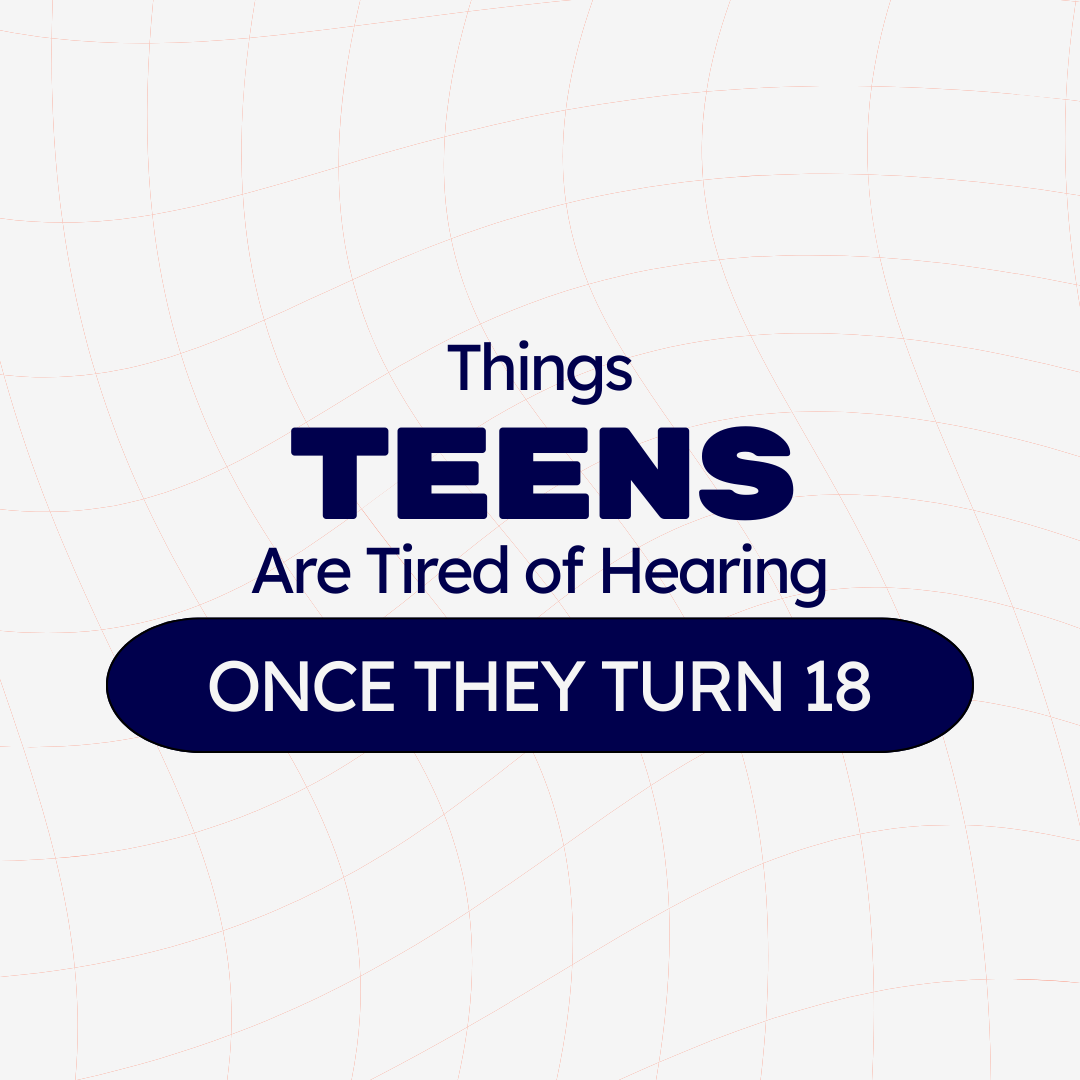CATEGORIES
#Adulting #Breaking Stereotypes #Gen ZWhen you turn eighteen, which is the legal age for most countries, you would assume that you would have all the freedom that you want since you are already legally allowed to make decisions for yourself.
Well…not entirely.
If you are a desi Kid, eighteen is just a number for your parents, aunties, uncles and a whole bunch of other older relatives who think they still have a say on your every decision. It is either “you are too young for this” or “you are old enough to take up this responsibility,” whichever is more convenient and beneficial for them.
As kids, then as teenagers, perhaps it is safe to generalize that most of us have always been preparing for adulthood. Our parents sent us to school so that we could have a better shot at landing jobs and be independent adults. Our school systems teach us about taxes and how to be responsible, contributing citizens once we become adults.
We have been taught and wired to be equipped in the adulthood stage, which sometimes raises a question: Have we really embraced childhood and adolescence?
Eighteen years old. Too much significance is given to this two-digit number. If you think of it, it is hilarious how a number is able to draw a line between being a minor and being legally accountable.
There are a lot of expectations and pressure if you are turning or are already eighteen years old, which are also perceived as a sort of marker of “success.” Whether these markers are a result of cultural tradition or just a manifestation of the ageist societal stereotypes, we are inevitably subjected to them.

You Are an Adult Now, Pull Your Life Together
Rome was not built in a day, so it is a baffling fact that we are expected to be successful when we are just barely legal. We feel this urge to have our lives figured out when we reach legal responsibility. We have been forced into the narrative that success corresponds to age, and that our age is a significant factor in terms of our capability for growth.
I would like to believe that people confuse age with experience. We become successful because of our experience, and we do not necessarily have to be old to have an experience. It is fundamentally flawed to associate age to experience and success.
While it comes as a pressure to catch up with those people our age who are already successful in their respective fields, adulthood is not really a race. Turning eighteen is not necessarily about figuring out our lives already. Finding our individual purpose in this world is a life-long journey, and this takes a lot of time to be realized. Eighteen is still young, and we still have lots of years ahead of us to find out our purpose and meaning in life. Eighteen should be treated as a milestone, not as a turning point. We are only starting out.

Turning eighteen is a brink of responsibility, but it also entails a plethora of choices and thoughts about possible exciting developments in our future: career, marriage, family, and legacy.
Yes, some people would ask us what our plans are now that we are adults. It gets frustrating when the probing becomes too invasive or personal. There are times when we would just like to totally ignore these questions, comparisons, and unsolicited advice from older adults, yet we would still ponder about them eventually.
Get your life together, the little voice behind our heads would tell us. And the answer should be a yes! But we must do it in a healthy manner, at our own pace, accord, and time. Wherever it is that you want to see yourself someday, you will get there eventually.

You Are Just Beginning to Understand How the World Works, Shut Up!
When you turn eighteen, you should expect double standards from the adults. When you act immature, they would tell you to act like adults, but when you try to assert your opinion, they would sometimes tell you to back off because you are still too young.
When you show emotions, your feelings are not always validated, since adults have this concept about “how the world works” and how the world doesn’t care about your feelings. If that indeed is true, does it have to mean that we have to be ruthless and apathetic as well?
Do we subject ourselves to the cruelty and indifference of the world? We see adults who think that their emotions are not valid and their voices are not heard. Perhaps it is time to challenge this and make sure that everyone is heard and made to feel acknowledged. Yes, we are still young. Yes, there will be times where we will fail to see what is best for us due to inexperience. But it does not mean that we succumb to it as there are several options and opportunities to rise up and learn from our failures.
We should not settle for what adults tell us just because they are older. We do not have to repeat the mistakes and lapses of the generations before us. We can do better for this generation and the next.

The Infamous Line: “When I Was Your Age, I Did Blah, Blah, Blah”
I’m sure that most of us—if not all—are already tired of hearing our parents say the line “When I was your age…” whenever they are scolding us or disapproving of our actions and decisions. While it is true that our parents’ generation was not as privileged as the one we get to experience, sometimes these old and overused anecdotes become irrelevant compared to today’s problems.
Problems of the past should not be brought up to the current generation just so we would learn about discipline. To be a good parent, you must ensure that your children would have a better future, right? Why would you wish your children to experience the challenges and sufferings of your generation for the sake of discipline and “character development”?
The goal is to break the cycle of generational trauma; to provide the next generations with the opportunity to have a full-lived life with the minimal suffering that is possible.
We acknowledge the privilege that we are experiencing—and we were able to achieve this because we decided that there are values and behaviors from the past that we have to challenge and put an end to.

Eighteen Is a Scary Number
Growing up, we all have this glorified image of what we would do when we turn eighteen. I romanticized independence and self-sufficiency. I imagined that I would have all the freedom that, previously, I did not have.
But being eighteen is not only about clubbing, drinking, and working—it can actually be anti-climatic sometimes. Being eighteen means working to provide yourself and doing mundane chores on your own. The experience can also be confusing sometimes. But it is okay. Being an adult is about figuring yourself out before taking on the world.
We are out there, feeling terrified and overwhelmed because there are so many things that we wish we were told. Yet again and again, being eighteen is not a turning point nor an endpoint. It is a milestone worth celebrating because you have made it that far.


